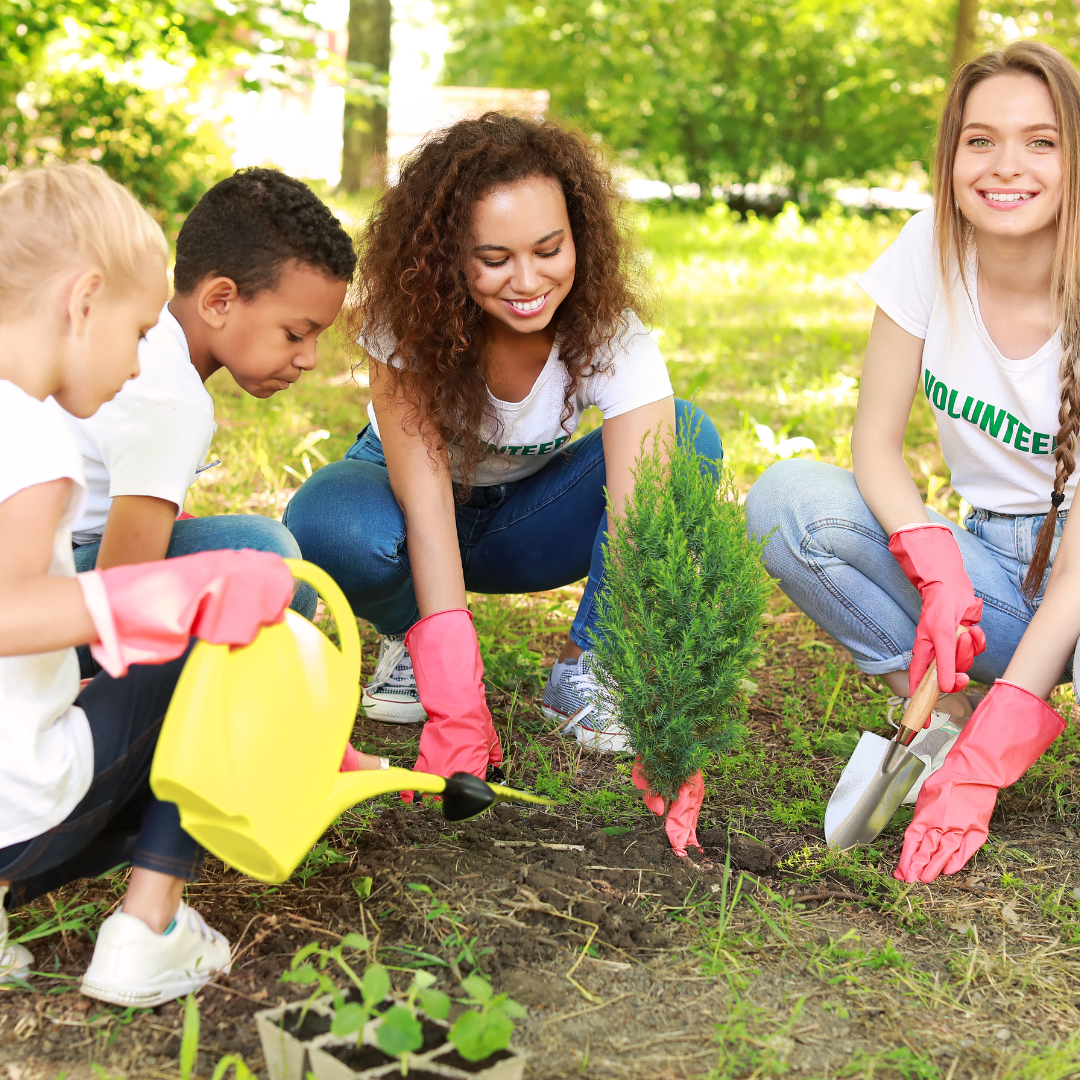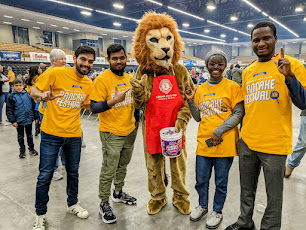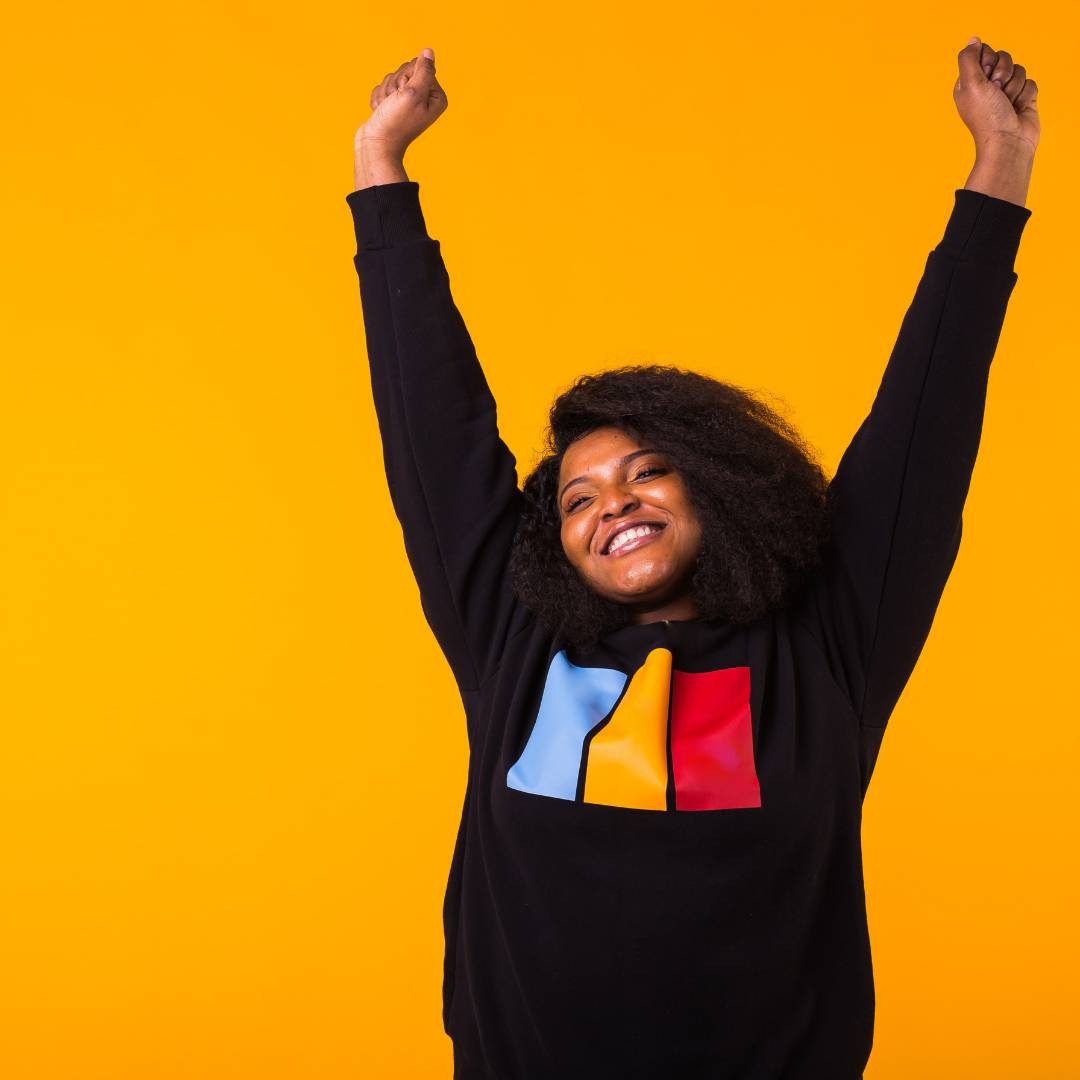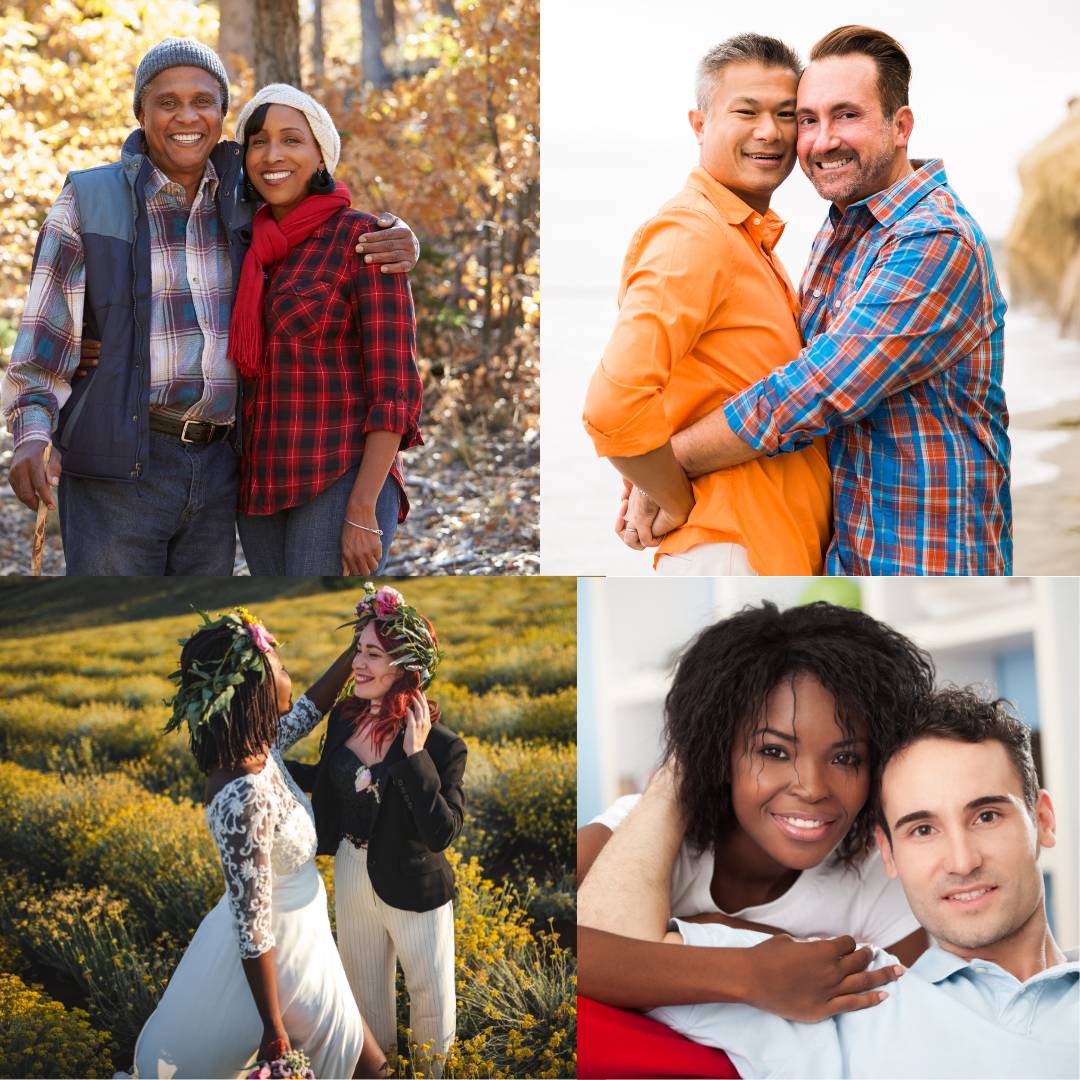American Culture Guide
Food
Food is a big part of culture no matter where you are. It is often something we discuss far in advance before your arrival to the US, as it is very different than the food you might be accustomed to at home. The US is very diverse and food types vary depending on where you are. In Texas, we have a lot of what we call Tex-Mex. A combination of Mexican and Texan cuisine. This usually includes beans, rice, tortillas ( unleavened flatbreads made with corn or wheat flour), pork, beef, chicken, jalapeños, cheese, and avocados combined with a number of chili spices.
While Tex-Mex is very popular there are still many other things to enjoy! Americans like to get creative with their food and enjoy rich and flavorful meals. The best thing you can do is to try new things! You might be surprised what you end up enjoying.
- Serving sizes: You might already know this, but American serving sizes tend to be very large. If you get a meal that is much bigger than you expected, don't worry! No one expects you to eat the entire thing. It is normal to ask for a takeaway box at the end of the meal. Then you have lunch for tomorrow! Think of it as paying for two meals, dinner now and lunch for later. What a deal!
- Changing the menu: let's imagine you are sitting in an American restaurant and nothing on the menu is vegetarian! Now, this won't happen when you arrive, because we won't let it, but for the sake of the story, let us pretend. The waiter comes over and asks if you are ready to order. It is completely normal to ask for something on the menu to be changed slightly. “I would like the pasta, but can I please have it without the meatballs?” Normally they will say sure! “No problem” I often do this for mushrooms as I don't like them. Sometimes depending on how the meal is prepared, they may not be able to do this, but usually, they can and it is not impolite to ask.
American English
There may be a good chance you learned British English growing up, and while British and American English are very similar. There may be a few words that are different. Americans also have their own slang depending on the part of the country they live in. Some words in the South might be different than some words in the North. For example the word “Soda”. In Texas, if you want a soda you say “I would like a coke.” to which the waiter would reply, “Ok, what type.” We use the word Coke as a general phrase for all types of soda. In other parts of the country, people ask for a “Pop” or a “Cola”. Here are some other fun differences you might notice.
| British English | American English |
| Trousers | Pants |
| Flat | Apartment |
| Biscuit | Cookie |
To learn more visit the British Councils website at: https://www.britishcouncilfoundation.id/en/english/articles/british-and-american-english
American Slang
Slang can vary depending on the region of the US you are in. The USA is a very LARGE
country and this makes language differ sometimes from state to state. We have compiled
a list of general US slag terms.
| American Slang Word |
Definition |
| Ya'll |
"You All" - Typically used in Southern States liked Texas, Alabama, Mississippi and so on. Example: "Where are ya'll going for dinner?" |
| You're Good |
"It's okay" or "don't worry about it" Example: Person 1 "Im sorry I dropped your bag" Person 2 "You're good!" |
| What's Up |
This word has many meanings, but is typically used to ask how someone is or what they are doing. It dose not always require a response based on how it is used. Example: Person 1 "Hey Sam, what's up?" Sam "Not much, just working on my homework." |
| Chill |
"Relax" Example: "You really need to chill!" |
| Dead |
(Such as in a restaurant or bar) no one's there Example "There was no wait for a table because the restaurant was dead!" |
| Hang out |
Spend time with people Example: "Would you like to hang out next weekend?" |
Volunteer Culture
Volunteer culture (otherwise known as volunteerism) is an integral part of the culture here in the United States. There is a rich history of volunteer work in the United States going all the way back to the American Revolutionary War and even when the US was still a set of colonies. In 1736, Benjamin Franklin, one of the Founding Fathers of the United States, created the first fire department in the United States entirely staffed by citizen volunteers. Volunteers made up many of the local militias during the Revolutionary War. Most well-known volunteer and public service groups in the United States, as well as the world, started over a hundred years ago! The American Red Cross was founded in 1881 to work as battlefield wartime medics. They have continued to save lives in US military combat ever since.
Other non-profits focused on community civic duty have continued to be the center of American culture. Volunteers of America was founded in 1896 to care for the poor and hungry in the United States, and played a huge role in helping the public during the Great Depression of the 1930s. The Big Brothers and Big Sisters of America were founded in New York City in 1904 after a court clerk noticed how many children were breaking the law, getting into legal trouble, and making bad decisions with their lives. This clerk founded Big Brothers Big Sisters to provide at-risk children with good role models and mentors to help keep them out of trouble. Volunteer work marks the history of the United States everywhere you look.
Today, most Americans will have a volunteering experience at some point in their life, normally starting in elementary school. Children typically
start with school fundraisers such as selling candy or popcorn for Hospitals or Non-Profits.
As they get older schools will often require or encourage kids and teenagers to go
out and volunteer on location. This is also common at the college level as well.
some point in their life, normally starting in elementary school. Children typically
start with school fundraisers such as selling candy or popcorn for Hospitals or Non-Profits.
As they get older schools will often require or encourage kids and teenagers to go
out and volunteer on location. This is also common at the college level as well.
People who are practice religion normally volunteer with their church, mosque, temple, or faith community to feed the homeless, raise money for a charity or orphanage, volunteer at nursing homes, etc. This is an especially strong practice within the Christian faith where charity is at the center of their religious practices.
The Workplace also encourages their employees to volunteer on certain days of the year, like Martin Luther King Jr. Day which is recognized as the National Day of Service. In fact, having volunteer work on your resume is a huge bonus and something employers will certainly look at. American children are taught in school to add any volunteer experience to their resume to better this chances of finding a job.
It is incredibly common to do volunteer work in the United States, and culturally,
Americans view volunteer work as an honor. It’s an honor to set aside our privileges
and help others who are less fortunate than us.
It is also believed that volunteering is good for one's self-esteem and mental health.
This belief comes from the idea that helping others makes you feel better about yourself!
It is also a great way to make new friends and stay active and social. Many retired
individuals enjoy volunteering as they have a chance to meet people and stay active
rather than sitting alone at home.

There are always opportunities to volunteer around Lubbock! There are so many charities
and organizations in need of an extra set of hands. Let us know if you would like
information on how to start volunteering around Lubbock!
Being on Time is a Very BIG DEAL!
Americans have it instilled in them from a very young age to be on time for things.
In fact when I was in college, if I was one minute late for class the professor would
shut the door and lock it. If anyone was late, too bad! You would miss the class and
be counted absent.
Being late is considered disrespectful to the person you are meeting. It's almost
like saying that their time isn't important to you. We have a saying here, “If you
are early you are on time and if you are on time you are late.” If fact many people
will kindly end a conversation with someone so that they can make an appointment on
time.
Informality
Americans are rather informal. Once we get to know someone, we tend to call them by their first name, even our superiors. We will still be respectful, but for example, I call my director Dr. Richard Porter, just Richard. However, he has given me permission to call him by his first name, so this is ok. Some Americans may prefer the more formal names, they will tell you what they prefer to be called. We also tend to dress a bit more casually, and eating while walking or drinking coffee in a meeting is normal.
- Using Yes Sir and Yes Ma'am is polite.
- Most Americans, even in a business setting, will prefer to be called by their first name. However, it is good principle to address them by their title (Mr., Mrs., Ms., Dr., or Professor) and last name unless you are invited to do otherwise.
- Americans may call you by your first name once they're introduced to you. This is not considered rude, but may reflect a casual setting upon which you are introduced.
- In general, it is polite to initially call a woman Miss (Ms.) until you're invited to do otherwise.
Dress and Modesty Standards for Americans
Through out my years working at TTU and with international students i general, many
of my students are often surprised by how very casual Americans dress. Americans tend
to choose comfort when picking a outfit for the day. While you might be surprised at
first to see people wearing their pajamas at the grocery store or wearing workout
clothing outside of the gym please keep in mind this is normal everyday where for
many Americans. 
- Students tend to dress casually during the daytime at school.
- Women may dress immodestly, but it is NOT an invitation for men.
- Showing skin is common for men and women and can be considered a relief from the heat as well as fashion.
“People are able to wear different types of clothes as long as they don't violate rules, but each organization, gathering, party, etc., has different dress codes. So before going anywhere make sure you know their dress code, otherwise, you can wear whatever you want. For example, when you go for an interview you need to wear a formal suit. Clothes should be neat and you need to change them every day. People don't judge others by their appearance and dress.
Women may dress immodestly (in your opinion and in comparison with women in your country), but it is not a signal or an invitation for men. For example, my aunt went to New York City a couple of weeks ago and saw some young and beautiful girls who didn't wear bras. She asked one police officer about it and he told her it is not illegal in New York.
"For students from Islamic countries, it may be weird to see men/women in shorts but after a while, it will be normal. Also, Muslim women can wear scarves without any restriction.” (Amir Sodeifi, Iran) (harrisburg.psu.edu)
American Laws
- Seat belts are required by law for EVERY passenger in the car.
- the drinking age in the USA is 21. Providing alcohol to a person under 21 is illegal.
- You cannot have open containers of alcohol in a car, even if you are not driving.
- Smoking is not allowed in most public places or indoors. The only places that allow indoor smoking are typically bars or dance clubs. Smoking on TTU campus is allowed outside only and you must stay at least 25ft from buildings.
- Throwing cigarette butts on the ground is considered littering. If caught you can be fined.

Social Taboos in the USA
- Cover your mouth when you yawn, sneeze, or cough. Americans are careful not to spread germs. It is considered unsanitary to not cover one's mouth.
- Americans are offended by strong odors, and normally bathe daily (sometimes twice daily in hot weather) and use underarm deodorant. Strong-smelling perfumes or colognes are applied sparingly because they may not be pleasant to others.
- Do not belch loudly in public.
- Do not spit. You may see people spitting on the streets, but it is considered very rude.
- Do not pick your teeth or nose in public.
- It is good to look people in the eye when you talk to them, but be careful not to stare (gaze continuously) at someone you are talking to.
- Do not whistle at women. This is sexual harassment.
- Do not litter. This is also considered very rude. High winds in Lubbock blow trash out of bins and we do not want to add to that!
Animals and Pets
- Americans tend to love their pets and see them as “part of the family”. Today, more and more young people are choosing to keep pets rather than have children in the US due to the high cost of childcare.
- There are animal protection laws to prevent animal cruelty. There is now a Federal
law, signed
 in 2019 that makes animal cruelty a felony crime. “Studies repeatedly show that there
is a close link between extreme animal cruelty and violence toward people. By bringing
charges against perpetrators of animal cruelty, we may be able to prevent individuals
with a propensity for harming people from acting on those impulses.” (Humansociety.org)
The penalty for violating the law can include a fine, a prison term of up to seven
years, or both. (NPR)
in 2019 that makes animal cruelty a felony crime. “Studies repeatedly show that there
is a close link between extreme animal cruelty and violence toward people. By bringing
charges against perpetrators of animal cruelty, we may be able to prevent individuals
with a propensity for harming people from acting on those impulses.” (Humansociety.org)
The penalty for violating the law can include a fine, a prison term of up to seven
years, or both. (NPR)
Social and Public Culture
Greetings
- Most people shake hands firmly and briefly when they meet for the first time or in a formal situation.
- When people are good friends or family, they will sometimes hug each other to say
hello, goodbye or thank you.
Kissing as a greeting, however, is usually only done between relatives and close friends (on the cheek) or between lovers (on the lips). Sometimes parents will kiss their children on the lips when they are very small (usually from age 1-4). Kissing on the cheek as a greeting is not common in the US. - Americans like their personal space and stand about 2 feet apart when talking. Physical touching when in a conversation usually makes Americans uncomfortable. If someone backs away from you they might be doing it subconsciously and not to be rude. Please do not take offense. A funny example of this you will see is if you go to a movie theater people try to sit far away from each other unless they absolutely have to sit close. Americans love SPACE!
- Public physical affection is acceptable. Hugging and holding hands is common between couples and is seen as sweet.
- While potentially offensive in many cultures, giving the “thumbs up” can mean, “Good!”, “That's cool!”, “Congratulations!”, or “Good job!” in the USA.
- Pointing at people is seen as rude.
- “Small talk” is acceptable & is considered “nice”. For example, when you are at the check-out in a store the cashier will start talking to you. They are encouraged to do this as part of our customer service culture.
Smiles are basic signals of politeness, a non-verbal way of being friendly. We smile A LOT!
Getting in Lines (we say lines in the USA not queue)
- If you have to wait in a line for something such as the bathroom, tickets, or the bus wait patiently for your turn. Do not ever ask to step in front of someone simply because you are in a hurry. This could anger people, who might perceive this as you suggesting your time is more important than theirs. Just wait.
- It is considered rude to cut in line or push your way through.
- If you're not sure whether there is one line or several lines, you should still wait your turn and simply get behind everyone who arrived before you. You can also just ask someone.
Visiting an American Household
- It is not common to take off your shoes when you enter a home. This isn't always true
for everyone.
"In my home, I do ask people to take off their shoes. I studied abroad in Japan and my host parents explained to me why wearing your shoes in the house was so unhygienic. Once I explained to my parents back in Texas why I started requiring this rule in my house, they also began this practice" - Kat - It is appropriate and kind to bring a small gift to the hostess of the home you're visiting.
- Americans expect guests to come punctually at the agreed time. If you must be late, it is considerate to let them know before the time has passed that you were meant to arrive.
- In homes, food is usually passed around the table and each person serves themselves. If you don't want one of the dishes being passed, simply don't take any and pass it to the next person. You do not have to take everything that is passed to you.
- Most American families in Texas are Christian. not all Texans are Christians, but it is the most prevalent religion in the state. This means that your host family might want to pray before they eat. If this is the case don't feel pressured to also pray. You can close your eyes (if you want to) and wait until the prayer is finished, then you can begin eating!
Women, Gender and Relationships
In the US women and men are considered equal. We treat each other with respect and courtesy. In Southern States like Texas especially women as very friendly which might be confusing if you are from a country where this is not common or is seen as flirting. If a woman is friendly and helpful to you that does not mean she is flirting with you, but simply being polite and welcoming. In Texas, people are known for going out of their way to help one another. We are nicknamed “the friendly state” because of our kind and welcoming nature!
- In the States, women are seen as equal to men and expect to be treated fairly. It
is normal for
 both men and women to share the responsibilities of the home and children.
both men and women to share the responsibilities of the home and children. - Safety for women: It is not a good idea for women to walk around on their own at night. It is better to stay as part of a group.
- Do not propose marriage to a woman you have just met. This is not a normal thing in the US. Dating for at least several months to years is generally the here in the US. It is also not polite to assume the woman you are speaking to is attracted to men.
Friendships & Relationships
- The LGBT Community - Being part of the LGBTQ+ community is normal in the USA and it
is common to see
 couples together in public. Yelling at someone who is LGBT or using slurs is considered
hate speech. Gay marriage has been legal in the USA since 2015.
couples together in public. Yelling at someone who is LGBT or using slurs is considered
hate speech. Gay marriage has been legal in the USA since 2015.
- Public physical affection is acceptable. Hugging and holding hands is common between couples and is seen as sweet.
- No means no.
- Women often ask men on dates just as men often ask women on dates. It is not considered taboo here. It is also common for the bill to be shared on dates between the couple.
- America is known as the Melting Pot. This is because we have many different types of people here! There are people from all types of different ethnic and cultural backgrounds. Intercultural & interracial dating are normal. People from all type of various religious, cultural, and racial backgrounds are free to marry and date whomever they want to here. You will see many different types of couples.
Restaurant Etiquette and Tipping
- Tipping your server 15%-20% is expected. Servers are typically paid less than minimum wage (which in Texas is $7.25 USD). They depend on tips for their pay which is why tipping is important! There are apps you can download on your phone to help to figure out what the right amount to tip is!
- No tips are needed at fast-food restaurants or for “carry out”.
- “Doggie bags” are a common way to package leftovers and take them home.
- Burgers, sandwiches, and pizza are often eaten with hands, instead of utensils.
- Do not talk with food in your mouth.
- Eat quietly with your mouth closed. Eating loudly is seen as bad manners.
Mandela Washington Fellowship Program
-
Address
601 Indiana Avenue, Lubbock, TX 79409-5004 -
Phone
806.742.3667 -
Email
michael.johnson@ttu.edu
